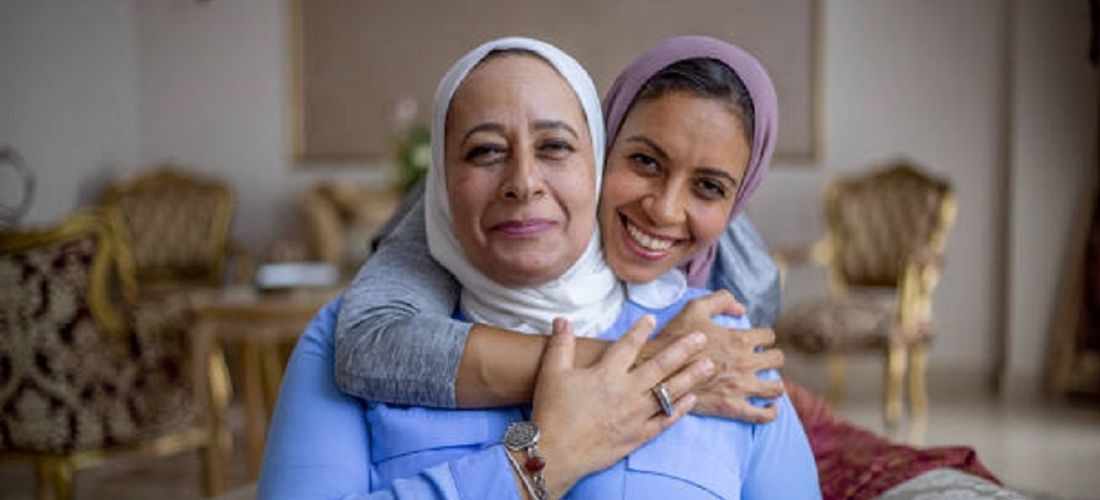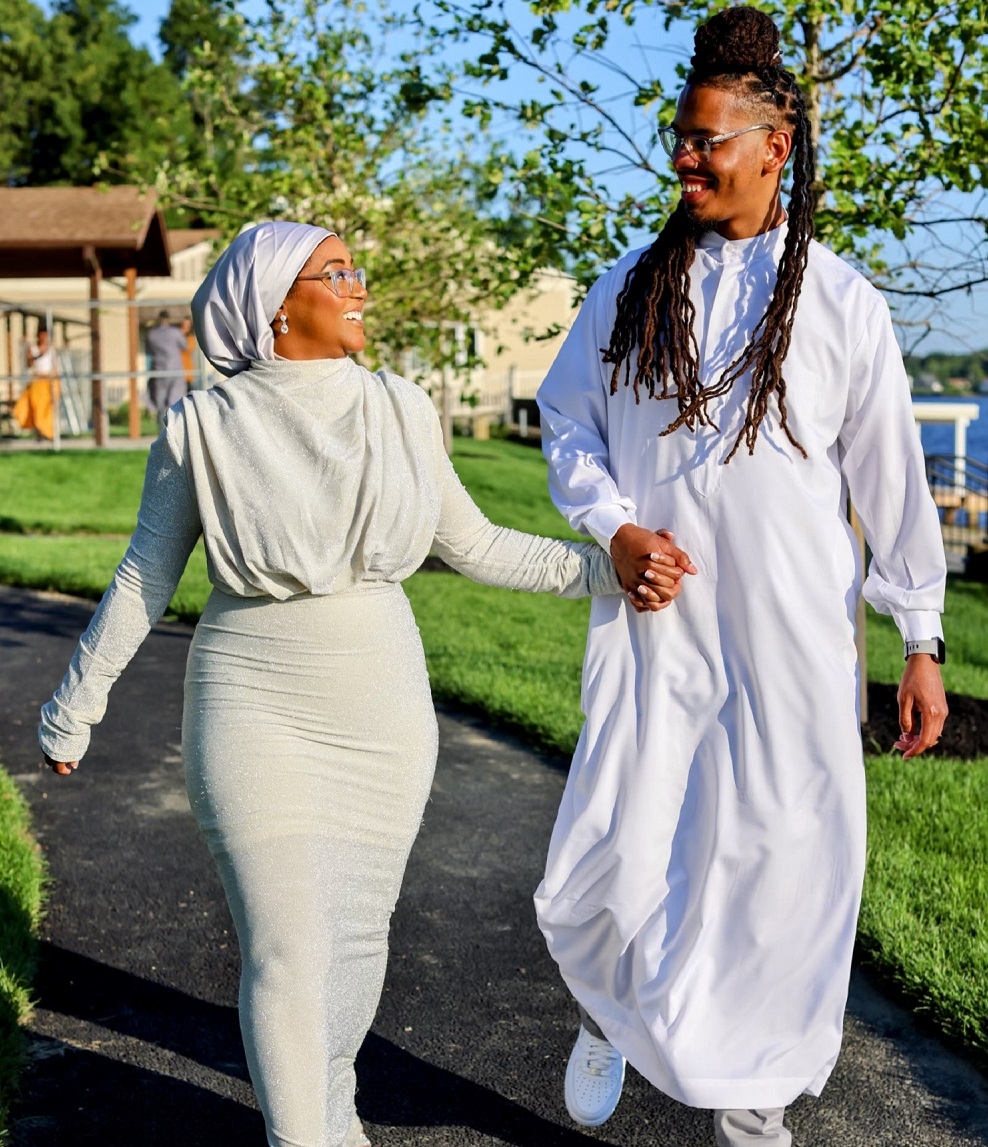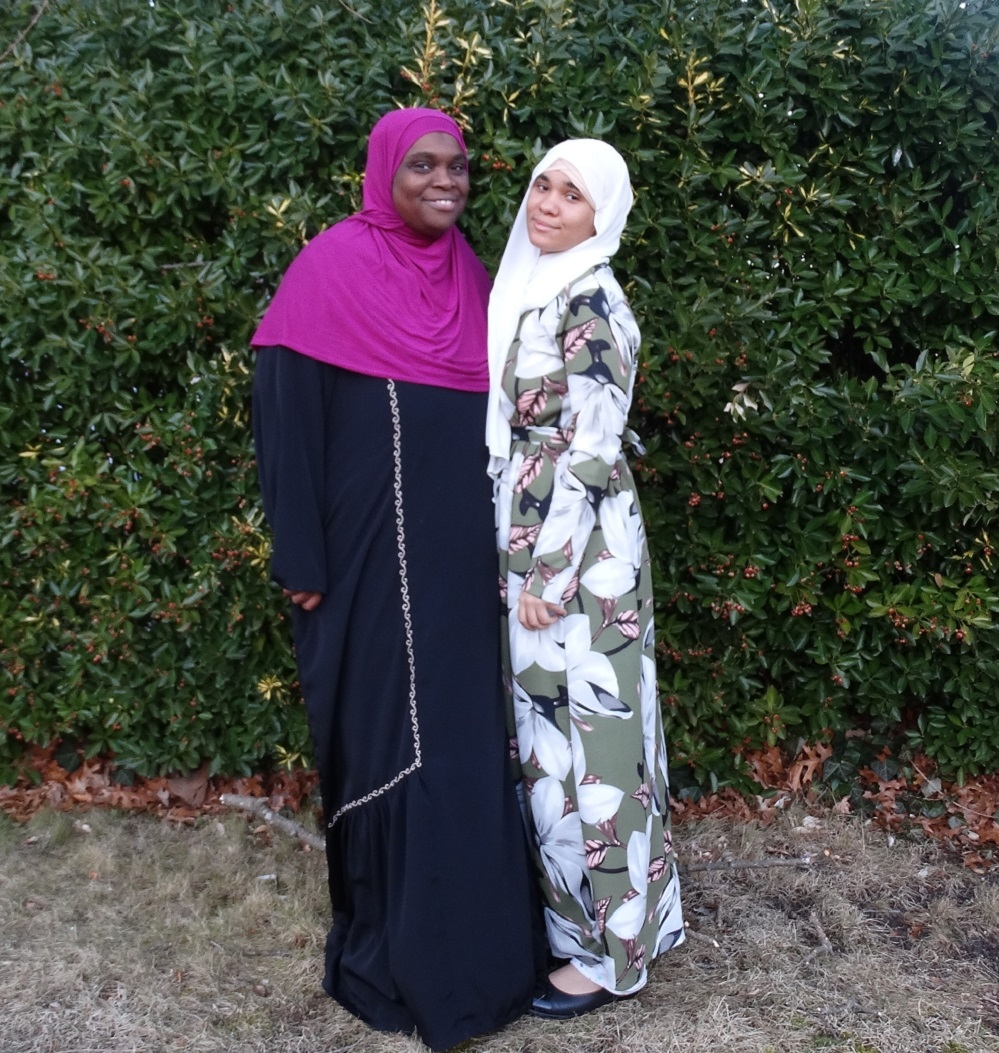Talking To Your Daughter About Marriage? Here are 7 Things to Consider
Lifestyle
|
May 15, 2023
|
5 MIN READ

Image source: Pexels
Marriage plays a significant role in the lives of many Muslims. A loving and functional spousal relationship is highly valued to fulfill religious and emotional needs, establish a family unit and uphold the teachings and principles of Islam.
Allah (S) says in the Quran:
And of His signs is that He (S} created for you from yourselves mates that you may find tranquility in them, and He (S) placed between you affection and mercy. Indeed in that are signs for people who give thought.
[30:21]
Marriage allows Muslims to form a deep bond of love, companionship and emotional support with their spouse. It is seen as a means of finding comfort, solace and a lifelong partner to share life's joys and challenges. So as parents, how do we go about helping our children find their partners in life, or even just provide them with the proper guidance in their own search? How do we know when they are ready?
We often feel a sense of responsibility to guide our children on the path of marriage. Equipping them with the necessary means to select a suitable spouse when the time comes is crucial, requiring many conversations from when they’re young and starting to mature to the stage in their life when they are ready to search for a spouse.
We may start instilling Islamic values, principles and teachings related to marriage from an early age. We should introduce basic concepts of marriage, such as the importance of finding a compatible partner with similar values and beliefs. These discussions can start during the teenage years,when parents may discuss the purpose of marriage, the importance of developing a strong Islamic foundation, and the significance of making wise relationship choices.
(How do we help our youth prepare for marriage? Consider premarital counseling.)

Image source: Qamarah Hayes
We can address dating, modesty and the Islamic perspective on love and attraction. (Learn from these prophetic examples!) As their children reach adulthood and express an interest in marriage, Muslim parents often engage in more focused conversations about the practical aspects of marriage. We may discuss the process of finding a suitable partner, the importance of compatibility, the significance of pre-marital counseling or education, and the responsibilities and expectations associated with marriage.
Muslim parents understand the importance of discussing marriage with their children, and these conversations are tailored to each child's age, gender and readiness to find a spouse. Muslim fathers will talk with their sons differently than with their daughters. Likewise, Muslim moms will have conversations with their daughters similar in some ways but also distinct from those with their sons.
When Muslim mothers talk to their daughters about marriage, several important aspects must be considered. Mothers should talk to their daughters openly but confidently about modesty and respect for themselves while emphasizing the importance of making informed decisions when selecting a partner. Conversations must be conducted positively and in an empowering way so she feels secure in her decision-making abilities.
Talking With Daughters About Marriage
Here are some points that might be discussed during conversations:

Image source: Unsplash
1. Understanding the purpose of marriage: Muslim mothers often emphasize the importance of understanding the purpose and significance of marriage in Islam. They may discuss how marriage is seen as a means of companionship and love, mutual support and family building based on Islamic principles.
2. Islamic values and compatibility: Mothers may emphasize the importance of seeking a partner with similar Islamic values and beliefs. They may encourage their daughters to consider potential suitors' religious devotion, character, moral values and compatibility in terms of goals, aspirations and lifestyles.
3. Balancing personal choice and parental guidance: If you as a parent are actively involved in your daughter’s search for a spouse and marriage decisions, make sure to encourage your daughters to participate actively. They may discuss the importance of open communication, getting to know potential partners, and ensuring that the decision is ultimately based on mutual consent.
4. Importance of education and personal development: As mothers, we should emphasize the importance of education and personal growth for our daughters before and after marriage. We should encourage our daughters to pursue their educational and career aspirations, develop their talents, and become independent individuals who can contribute positively to their families and society.
5. Cultural and family considerations: Muslim mothers may discuss cultural and family considerations that play a role in marriage decisions. They may discuss maintaining familial ties, respecting traditions and balancing cultural and familial expectations and personal preferences. These are extremely important discussions to have, especially if there is a possibility of joint family living.

The author and her eldest daughter.
6. Practical aspects: Muslim mothers should discuss practical aspects of married life with their daughters, such as financial responsibilities, household management and raising children. What are their expectations? What should they expect from a husband? What are they willing to take on or give up to help build a family life? What questions are they willing to ask a potential spouse? Mothers may share their experiences and guide them in navigating the challenges and joys of married life.
7. Staying single: If a Muslim daughter expresses her desire to stay single, her mother needs to approach the conversation with empathy, understanding and respect for her daughter's choices. Staying single is a personal choice that shouldn't be tied to religious guilt. This desire is not un-Islamic, and they don't have to feel ashamed for wanting to remain unmarried. Empower your daughter by acknowledging and validating her feelings and experiences.
Society can put a lot of pressure on young women when it comes to marriage, but it's important to let her know that she has the right to make her own decisions. Give your daughter the tools to navigate this challenging time confidently and independently.
Conversations about marriage between mothers and daughters should consider cultural backgrounds, personal beliefs and unique family dynamics. The goal is to foster open communication that supports both individuals' well being while staying true to Islamic principles.
Muslim moms should strive for open dialogue with their daughters about marriage so they can make informed decisions about their future. By emphasizing the importance of education and values, mothers will be able to provide respectful and supportive guidance.
Ultimately, it's up to each Muslimah to decide what path is best according to her feelings while remaining true to Islam’s teachings on marriage.
Have you ever talked about marriage with your daughter (or son)? Share with us in the comments below!
Subscribe to be the first to know about new product releases, styling ideas and more.
What products are you interested in?


